“Boxing films are timeless because we look at characters who come from nothing”: George Tillman Jr on Big George Foreman
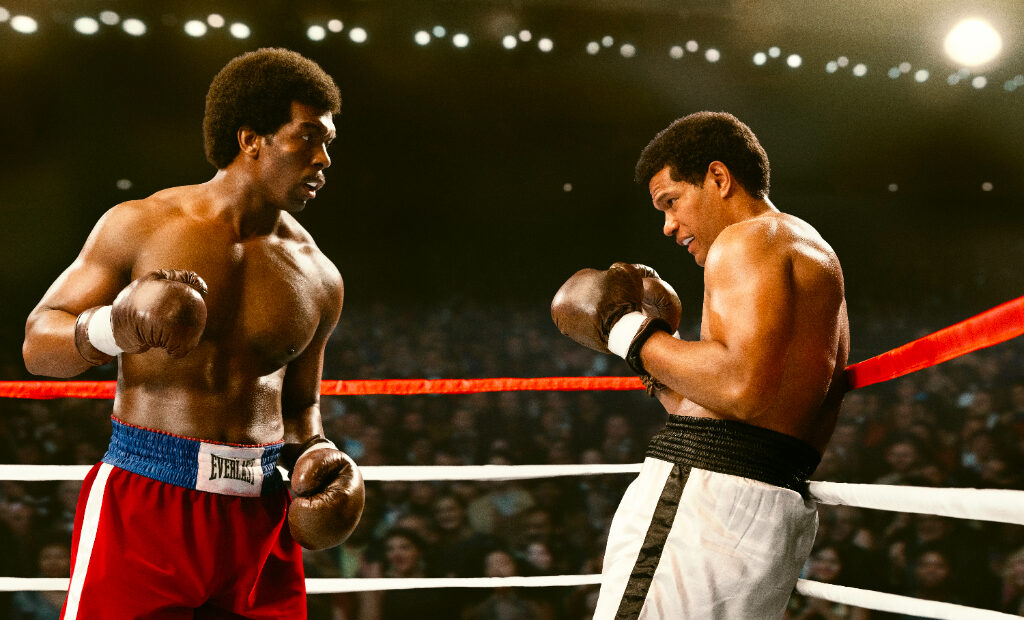
George Foreman’s remarkably eclectic life is finally given the biopic treatment. Helmed by George Tillman Jr, whose form in the genre of biographical drama stretches back to 2009’s Notorious, the film spans three decades in the life of Foreman, beginning with his poverty-stricken childhood in the Fifth Ward community of Houston, Texas, and culminating in his reclaiming of the world title in 1994, becoming the oldest heavyweight champion in boxing history at the age of 45. The film, as well as covering Foreman’s first ascent to the world title, also dives into his spiritual rebirth before his first retirement from boxing.
The Upcoming spoke to Tillman Jr about the film, something of an accidental passion project for the director, and how it sits among the pantheon of classic boxing movies.
Given the cinematic potential of George Foreman’s life, it’s almost hard to believe that it’s taken until now for a biopic about his life to make its way to the big screen. How did your involvement in realising this project come about?
That was a conversation that I had with the chairman of Sony. He said, “I’ve got this great story and it should be made into a movie”. When he told me that it was the story of George Foreman I just lit up, because I’ve been a boxing fan all my life and was very familiar with the story. I can remember in 1987 when George was starting his comeback at 38 years old. I couldn’t believe it because I saw that first fight with Steve Zouski and at that point he was about 240lb. So I was excited to get involved because I felt like it was a story of second chances, and then the idea of doing these great, historical fights where you could have the audience on the edge of their seat really excited me as a director.
What makes this film stand apart from the pantheon of boxing movies in the history of cinema?
What made it stand apart for me was what made me excited to get involved with it: the idea of mixing entertainment, humour and a really strong message. Like I was saying, a guy coming back at 38 years old and winning at 46 is a story you’ve never seen before. The second thing was the story of a guy in the middle of his career quitting boxing and becoming a minister. That’s something that in traditional boxing movies we haven’t quite seen. It really shows humanity. So right there I felt we had something very unique going for us. In terms of challenging the boxing element, I always felt from a lot of boxing movies that, although there’s been a lot of great ones done, there’s been a lot where it has felt almost like stunt boxing where you can see the misses, and I felt like this was a chance to really go for it with real punches, real execution, real hits and really try to be authentic to these real fights. This is not fiction. It is real.
How did you specifically approach the fight scenes?
The hardest part was the fact that these were real fights that you see all the time on YouTube or ESPN Sports, especially Rumble in the Jungle and the Joe Frazier fight. The Frazier fight was very specific: six knockdowns in two rounds. I had to be very authentic to that. So if anybody put up footage of the fight, I wanted to feel like we were there and match the size, the weight, the hits, the movements, the background. That’s the only way, because if you’re going to fictionalise non-fiction fights, it’s gonna be a bad case.
What was the process like of building Foreman’s characterisation with Khris Davis?
It all started with George. That moment where he said, “I was written off as a kid. Nobody believed in me. Not even the teachers who wouldn’t choose me to read in class just because of the way I was dressed”. I thought that that throughline was something very unique in terms of why he pushed so hard, getting to the Olympics, becoming a champion and how that changes after losing to Ali. All that started from the conversations with George and his vulnerability, explaining the importance of that and what it meant. But there were always two people that were there to counter what he was feeling. There was always his mother, and there was always Doc Broadus. In Doc Broadus’ documentary, he says that all George wanted was for someone to take an interest in him, to believe in him. So those were the two counterpoints to George’s insecurity. So, in terms of the work done with Khris, it was really all about making that throughline.
We’ve just seen the release of Creed III and a 4K re-release of Raging Bull. On a broad note, what do you think it is about the genre of boxing movies that is so timeless?
I think what makes it so timeless is that we’re looking at characters who come from nothing. It’s the only way for some people to channel a sense of anger, or to be able to finally move up and better themselves, financially and emotionally. That was the case for George Foreman, coming from the Fifth Ward. He made a unique choice to join the Job Corps to better himself, boxing was something he’d never thought about, but he learned, and felt that it was something he could be good at. Most of the great boxing stories are about the underdog. On the Waterfront, for example, “I coulda been a contender” – you just identify with that, and I think it’s a universal theme that will always connect with audiences.
Matthew McMillan
Big George Foreman is released nationwide on 28th April 2023.
Watch the trailer for Big George Foreman here:

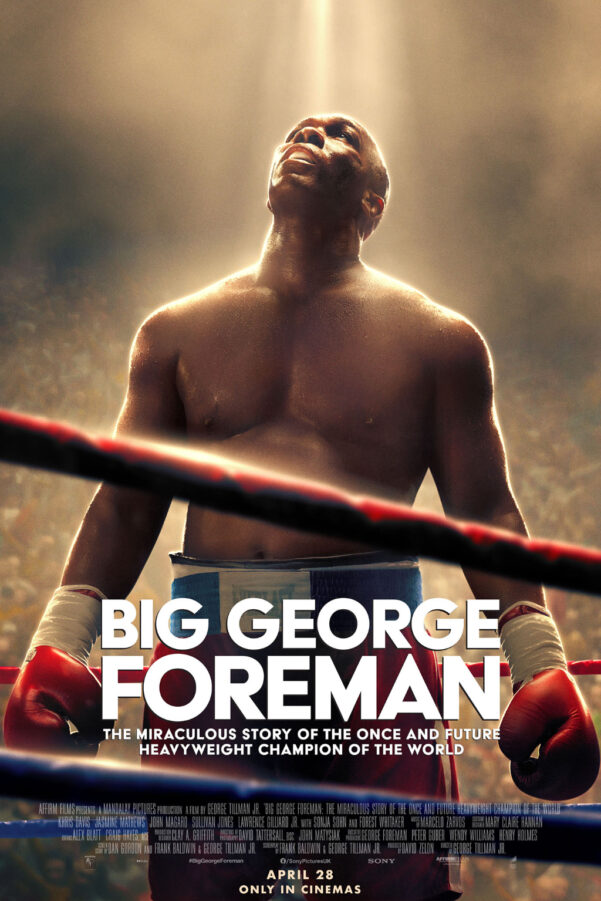
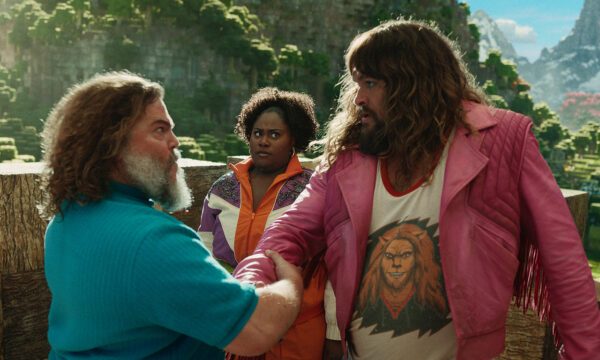
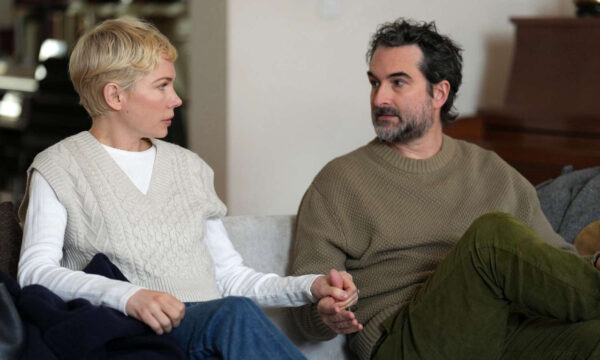
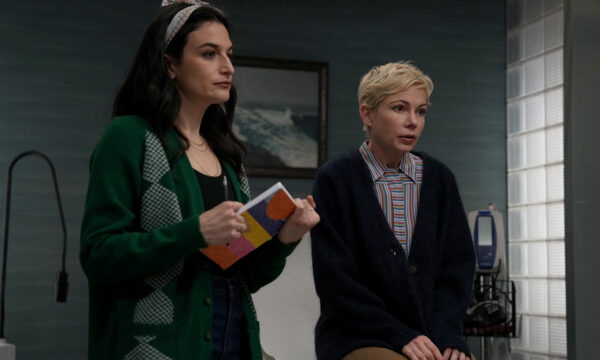


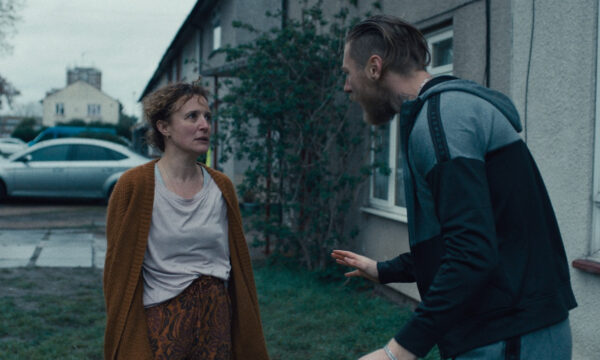












Facebook
Twitter
Instagram
YouTube
RSS